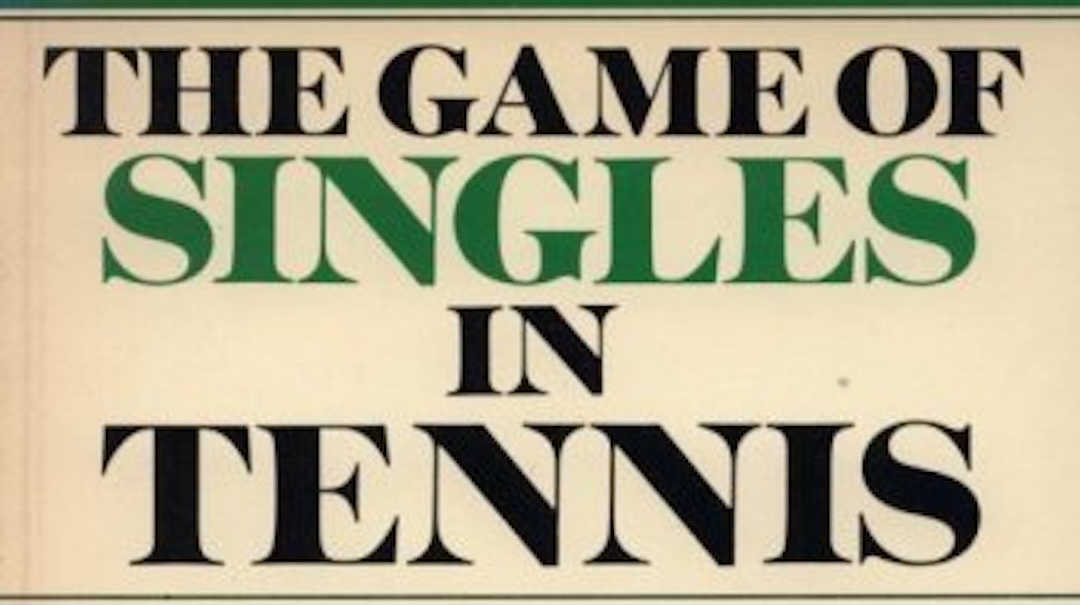The 2024 French Open marks the official end of Alize Cornet’s career. When I first wrote about her memoir Transcendence, I confessed that I was an under-the-radar fan of the French player. Her passion for tennis competition is always discernible by the expression on her face. I am here for that.
Cornet retired with a women’s tour record that I do not believe will ever be broken. As she stepped out onto the court for her first-round match at Roland Garros earlier this week, it marked her 69th consecutive appearance in a Grand Slam draw. This amazing longevity streak deserves more attention than it has garnered. To underscore the achievement, she has appeared in every single Grand Slam draw for over 17 years.
What makes that streak even more impressive is that she has won relatively few tournaments along the way. Cornet has won only six WTA singles titles in her career. She is a great player who never enjoyed a significant breakthrough. The fact that she played so well for so long and still toiled in relative obscurity is a testament to her perseverance and dogged determination.
Cornet’s memoir Transcendence divulges that it hasn’t been easy. She is a perfectionist who struggles to believe she is doing well enough. She is extremely candid about her psychological struggles and dissatisfaction with her career. This diary-turned-book may have originated as an exercise in psychotherapy.
Cornet enthusiastically embraces meditation and claims that her practice has resulted in changes that carry her closer to what she would regard as her greatest career victory: Peace with herself. The book reflects her enthusiasm for a newfound focus on enjoying the extraordinary life of a tennis player and learning to be her own best friend.
Transcendence describes life on the WTA tour as “Luxury homelessness” for well-performing players. Cornet expresses concern about how prize money and resources are distributed between the top players and those outside the top 100. Additionally, she highlights how the wealthiest players can afford larger teams, essentially “buying” advantages.
Cornet is regarded as the WTA player who first pushed the issue when Peng Shuai disappeared after accusing a high-ranking communist official of sexual assault. Of the many players mentioned by name in Transcendence, Peng Shuai was conspicuous by her absence. The book went into publication before that situation unfolded.
Perhaps the most well-known episode in Cornet’s career came when she was issued a Code Violation for changing her shirt during a match at the US Open in 2020. Her description of the distance between the courts and player restroom facilities provides some “behind the scenes” perspectives on how rushed players can be in these situations. The Code Violation was later rescinded after player and social media outcry. That even ultimately led to substantive changes in the player wardrobe rules and regulations on the WTA tour.
Before reading her account in Transcendence, I was unaware that Cornet had once been suspended for excessive “no shows” under the Anti-Doping Administration and Management System (ADAMS) but was later exonerated. Her description of how players interact with the system and highlighting things that can go wrong is one of the most detailed accounts I have come across to date.
While Cornet regularly plays for France in the Federation Cup (now Billie Jean King Cup), she does not come off as a huge fan of the French Federation. In addition to concerns over how players on the Fed Cup team were treated through various coaching permutations, Cornet is also critical of how the French Federation handled her ADAMS suspension.
Alize Cornet wrote in the epilogue that she didn’t really know where she was going when she started writing her book. After reading Transcendence: Diary of a Tennis Addict, I am not clearly sure where she ended up either. My immediate reaction was, “What did I just read?” mixed with a clear sense that the book was still worth the time spent reading it.
This book is not the “typical” active player biography, which is just as well because that is arguably my least favorite genre of tennis book. I highly recommend Transcendence: Diary of a Tennis Addict for its illumination of mental health and behind-the-scenes insight into the current WTA tour.
 | Transcendence: Diary of a Tennis Addict |



